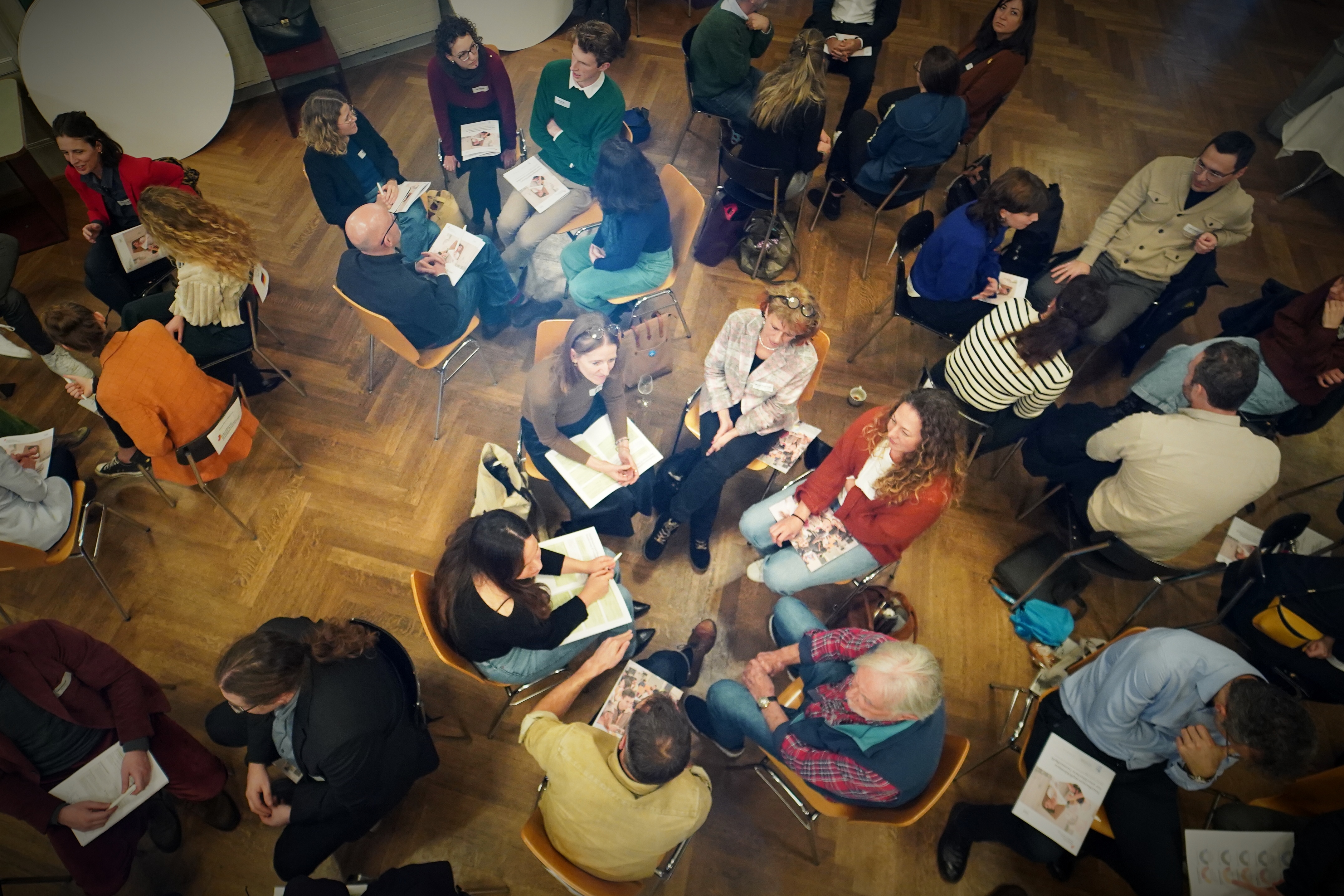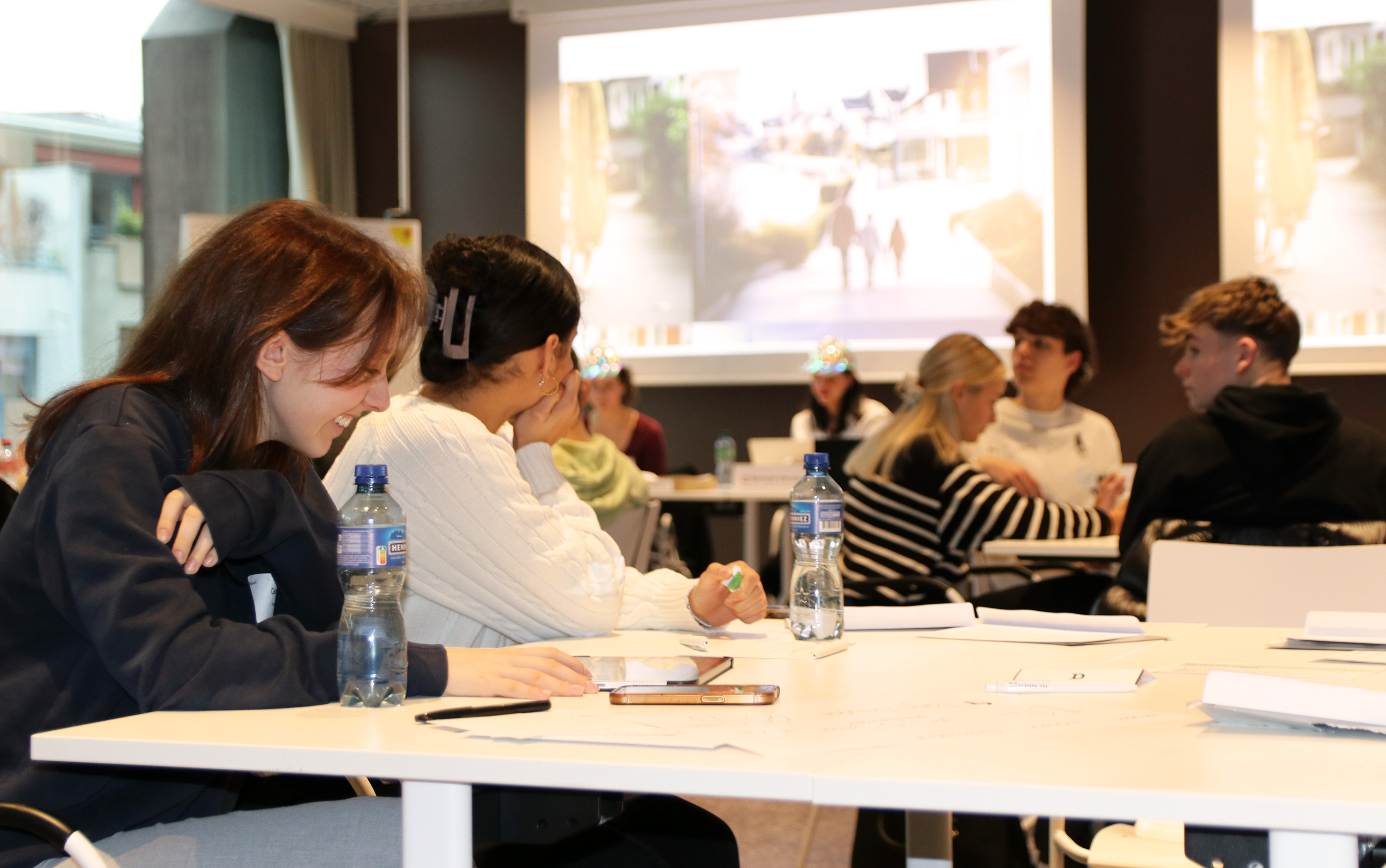National narratives shape how a country talks about itself. They provide orientation, enhance a sense of identity and are politically effective. The study entitled “Heimat neu erzählen – Narrative der Schweiz im Wandel” (“A new definition of home – narratives of a changing Switzerland”) shows that despite political differences, key narratives about Switzerland meet with broad approval. The idea of a Switzerland capable of compromise and reform, an international and neutral Switzerland, a Switzerland close to nature or based on the principle of solidarity, as well as the Swiss economic model, are well received across the board by different parties and sections of the population. And yet it is clear that these narratives are also divisive. The study was commissioned by Pro Futuris, the Think + Do Tank of the Swiss Society for the Common Good, at the Department of Political Science at the University of Zurich.
National narratives shape how a country talks about itself. They provide orientation, enhance a sense of identity and are politically effective. The study entitled “Heimat neu erzählen – Narrative der Schweiz im Wandel” (“A new definition of home – narratives of a changing Switzerland”) shows that despite political differences, key narratives about Switzerland meet with broad approval. The idea of a Switzerland capable of compromise and reform, an international and neutral Switzerland, a Switzerland close to nature or based on the principle of solidarity, as well as the Swiss economic model, are well received across the board by different parties and sections of the population. And yet it is clear that these narratives are also divisive. The study was commissioned by Pro Futuris, the Think + Do Tank of the Swiss Society for the Common Good, at the Department of Political Science at the University of Zurich.
National narratives shape how a country talks about itself. They provide orientation, enhance a sense of identity and are politically effective. The study entitled “Heimat neu erzählen – Narrative der Schweiz im Wandel” (“A new definition of home – narratives of a changing Switzerland”) shows that despite political differences, key narratives about Switzerland meet with broad approval. The idea of a Switzerland capable of compromise and reform, an international and neutral Switzerland, a Switzerland close to nature or based on the principle of solidarity, as well as the Swiss economic model, are well received across the board by different parties and sections of the population. And yet it is clear that these narratives are also divisive. The study was commissioned by Pro Futuris, the Think + Do Tank of the Swiss Society for the Common Good, at the Department of Political Science at the University of Zurich.
National narratives shape how a country talks about itself. The study entitled “Heimat neu erzählen – Narrative der Schweiz im Wandel” (“A new definition of home – narratives of a changing Switzerland”) shows that despite political differences, key narratives about Switzerland meet with broad approval. And yet it is clear that these narratives are also divisive.
National narratives shape how a country talks about itself. The study entitled “Heimat neu erzählen – Narrative der Schweiz im Wandel” (“A new definition of home – narratives of a changing Switzerland”) shows that despite political differences, key narratives about Switzerland meet with broad approval. And yet it is clear that these narratives are also divisive.
National narratives shape how a country talks about itself. The study entitled “Heimat neu erzählen – Narrative der Schweiz im Wandel” (“A new definition of home – narratives of a changing Switzerland”) shows that despite political differences, key narratives about Switzerland meet with broad approval. And yet it is clear that these narratives are also divisive.




.png)
.png)





